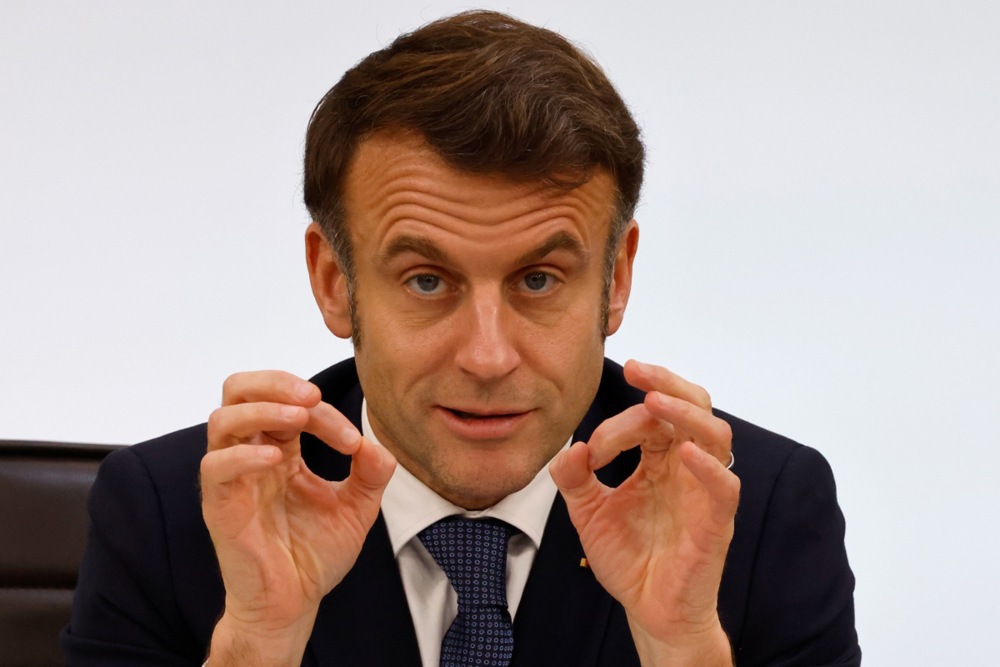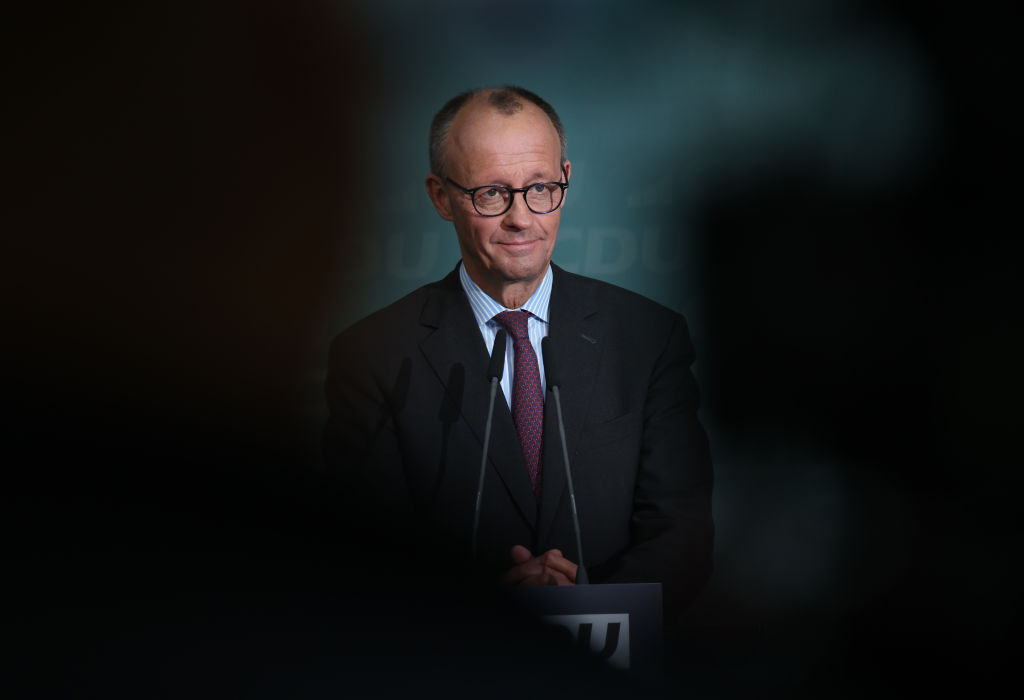The European Court of Auditors (ECA) has again raised concerns over European Union spending.
It has warned that persistent errors and spiralling debt obligations could pose long-term risks to the Union’s financial sustainability.
In its annual report on the 2024 EU budget, published today, the ECA confirmed that although the overall level of error in expenditure has declined, it remains significantly above acceptable limits.
The auditors estimate the error rate for 2024 at 3.6 per cent, down from 5.6 per cent in 2023.
While this represents an improvement, it still exceeds the ECA’s 2 per cent threshold for what is considered a “material” level of irregular spending.
The EU’s total budget for 2024 was around €196 billion in payments, making the estimated value of spending affected by error in 2024 about €7.1 billion
Revenue transactions were found to be free from error but issues remain with customs duties, which in some cases were not declared or were declared incorrectly by importers.
A particular source of concern is the Recovery and Resilience Facility (RRF), the centrepiece of the EU’s €800 billion NextGenerationEU (NGEU) programme designed to support post-Covid recovery.
Of the €59.9 billion disbursed under the RRF in 2024, the auditors found irregularities in six of the 28 payments to member states. These included weaknesses in how milestones and targets were defined, and inconsistencies in the information submitted by national authorities.
The ECA issued a qualified opinion on RRF expenditure, citing problems with reliability and oversight.
The report warns that the RRF model, which links payments to the achievement of policy milestones rather than direct project costs, demands clear lines of accountability if it is to be used again in future EU funding frameworks.
“While the reduction in the level of error is a step forward, there are still too many irregularities across EU spending,” said ECA President Tony Murphy.
“These are down to persistent weaknesses in oversight and accountability structures. As the post-2027 EU long-term budget takes shape, policymakers should draw lessons from our findings to ensure the sustainability and transparency of future EU budgets.”
Despite the modest improvement, the auditors have once again issued an negative opinion on EU spending, the sixth in as many years, concluding that errors were both “material and pervasive”.
The most frequent issues were linked to ineligible projects, ineligible costs and breaches of public procurement rules, particularly within Cohesion Policy. That recorded an error rate of 5.7 per cent, albeit down from 9.3 per cent the previous year.
Beyond the question of spending errors, the report highlights growing concerns about the EU’s rising debt burden.
By 2027, total outstanding borrowing is projected to exceed €900 billion — nearly 10 times higher than before the NGEU initiative was launched in 2020.
The European Commission borrowed hugely in response to the Covid pandemic and continued to do so after Russia invaded Ukraine.
According to the EC, interest payments on the non-repayable part of the NextGenerationEU recovery fund reached €5.4 billion between 2021 and 2024, nearly 50 per cent higher than initially forecast.
Costs are expected to rise sharply, with annual payments projected at €5 billion in 2025, €8 billion in 2026, and up to €11.9 billion in 2027.
Over the current budget period, total interest expenditure could reach around €30 billion, twice the original estimate, while a European Parliament briefing forecasts up to €74 billion in the next one (2028–2034).
The auditors caution that these financial pressures could constrain future budgets and limit the EU’s capacity to respond to new challenges. They stress the need for “solid guarantees” and sufficient own resources to maintain fiscal sustainability and safeguard ongoing programmes.
The ECA’s findings arrive as discussions begin on the next multi-annual financial framework (MFF), which will shape the EU’s spending priorities from 2028 onwards.
With public scrutiny over fiscal management growing, the report may add pressure on the EC and member states to strengthen performance monitoring, improve transparency and tighten control mechanisms.
The auditors emphasised that the estimated level of error does not equate to fraud or waste but rather reflects spending that failed to comply with EU or national rules.
Nonetheless, 19 cases of suspected fraud in 2024 were identified and referred to the European Anti-Fraud Office (OLAF) for further investigation.
The European Court of Auditors, the EU’s finance watchdog, has issued a warning about what it said was the growing risk of so-called double funding under the bloc’s Recovery and Resilience Facility. https://t.co/wkKzjuRHLP
— Brussels Signal (@brusselssignal) October 22, 2024





